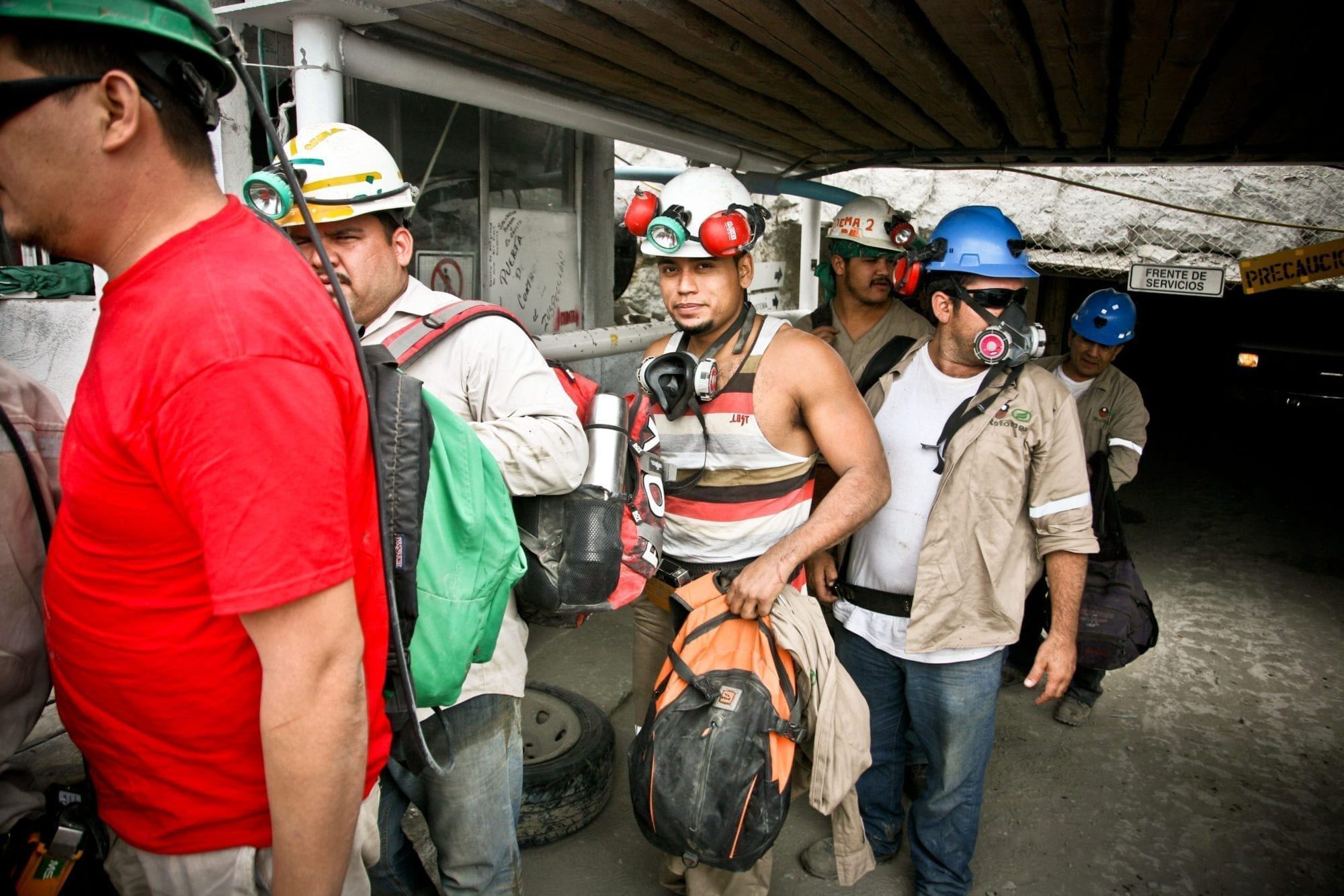Mexico’s stubbornly low wages and its complex industrial-relations system that denies workers their right to freedom of association and robs them of the ability to demand better wages and working conditions were front and center at a House Ways and Means subcommittee hearing on Mexican labor reform yesterday in Washington, D.C. A representative of the Solidarity Center and other rights and trade experts testified.
Gladys Cisneros, Solidarity Center country program director in Mexico, told members of the subcommittee on trade that Mexico’s new labor law is a good first step, but implementation will be a challenge and strong monitoring of worker rights are essential for it to succeed. Mexico passed labor law reform in April to improve workers’ ability to freely form unions of their choice and have more control over collective bargaining contracts.
Mexico has a long history of suppressing worker rights. Workers face daunting obstacles when challenging the “protection union” system, in which secret employer “protection contracts,” negotiated between a non-democratic union and a complicit employer without the knowledge of the workers, are widespread. Independent unions rarely succeed in defeating protection unions that have historical presence, political ties and financial capacity to exert influence over workers.
In her written testimony, Cisneros estimates that “only 1 percent to 2 percent of Mexican workers are members of an independent trade union, and just 1 percent of Mexico’s workers are covered by authentic collective bargaining agreements that were reviewed and ratified by workers.
“When workers decide to organize a new independent union, it is not uncommon for an employer to announce that the workplace is already covered by an agreement and that the workers already have a (protection) union. If no protection union is in place, employers can quickly find one to sign a contract and thwart the independent organizing effort,” Cisneros said in the written testimony.
She said that ousting protection unions is extremely difficult and that shifts both cultural and in approach are required to implement labor reforms. The new labor law already is being challenged by deeply entrenched protection unions and employers, Cisneros said.
Workers Key to Mexico’s Labor Law Success
Cisneros stressed the role of workers in implementing the labor law reform.
“For the reform to succeed, workers must be placed at the center of implementation. They must be sufficiently knowledgeable and empowered and given concrete guarantees that their attempts to exercise these newly enshrined rights will not be met by the usual responses from employers and government. Only when workers, through their efforts in the workplace, can exercise and invoke these new laws will the legal changes be made real and reach their potential to improve working conditions and wages,” she said.
Cisneros described cases in which workers freedom of association was violated and said that while the new labor law is designed to first weed out sham contracts and ghost unions, they then must be replaced with authentic unions led by workers. Mexico’s independent labor movement is already stretching its limited financial resources, political capital and capacity for mere survival.
Cisneros also recommended that workers must be positioned to imagine new possibilities and develop new expectations if they are to invoke the new legal framework and serve as the agents to apply these changes.
The reform speaks to the persistent, dire lack of democracy in labor relations and the inability of workers, in most cases, to freely choose their representation and effectively negotiate their terms of employment, she said.
Also testifying were AFL-CIO International Department Director Cathy Feingold, University of California Berkeley Center for Latin American Studies Professor Harley Shaiken and Instituto Tecnológico Autónomo de México assistant professor Joyce Sadka.

